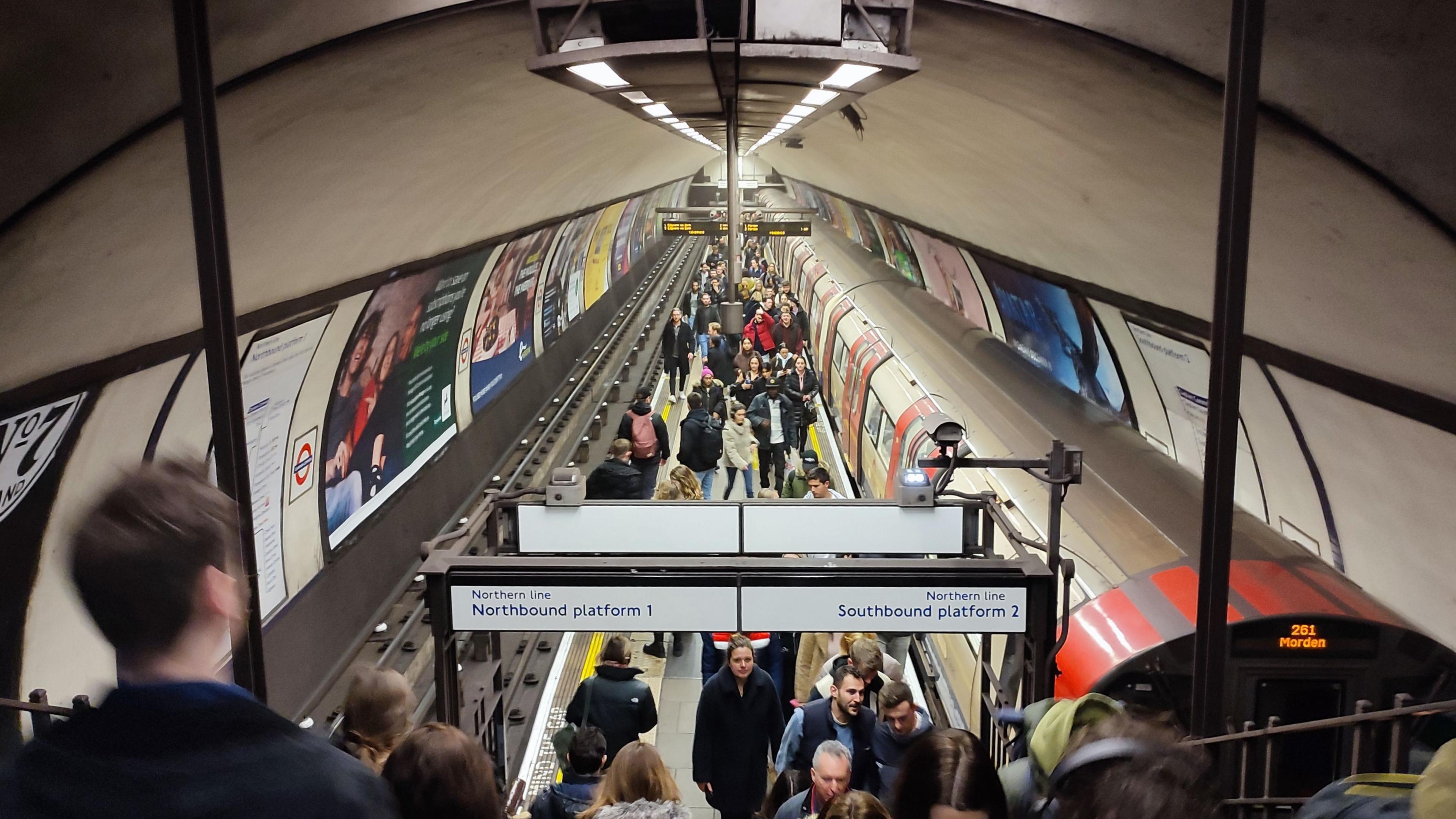More toilets will take 'worry' out of London travel

Billie Nicholls said more toilets on the transport network could "take out the worry and stress" for passengers with a gut or bladder condition
- Published
On Wednesday, Transport for London (TfL) announced it would invest £15m on building more toilets across the network and improving existing facilities.
For Billie Nicholls, who has ulcerative colitis, the news means she will be able to travel without "worry and stress".
The 28-year-old from south-west London said toilet access for someone with a gut or bladder condition was "really important".
She was diagnosed with the chronic inflammatory bowel disease in 2017 and has been living with a stoma bag for seven years.
TfL said it would increase the number of available toilets from the current number of 185, external so that customers were "always within 20 minutes of a toilet without having to change train".
It added that construction work was expected to start within the next year.
'No luxury of waiting'
Mrs Nicholls commutes regularly for work from Tooting Broadway to London Bridge and said the commitment was "brilliant" as many people "don't have the luxury of waiting" for a toilet.
In October 2019, she was reminded just how important access to toilets could be.
After finishing a meeting in her office in Bankside at the end of the day, she discovered that her stoma had leaked down her leg.
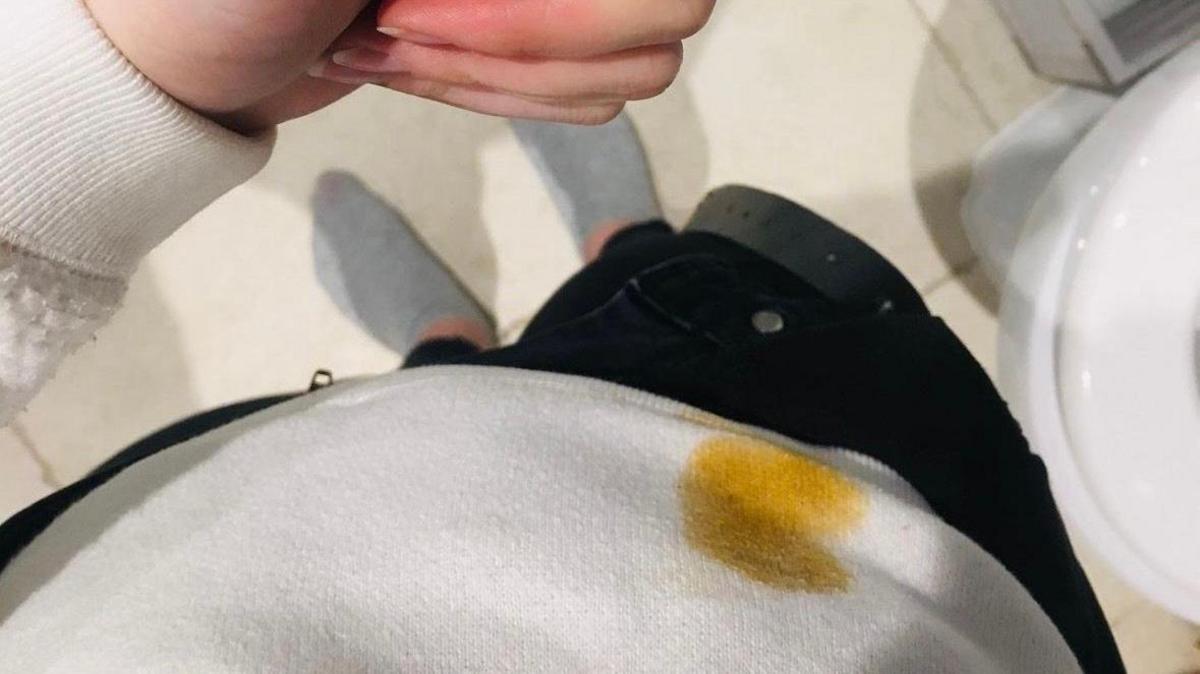
Mrs Nicholls said a toilet earlier in her Tube journey would have made a difference when her stoma leaked
"It just wasn't sticking to my skin," she said. "I ran as quick as I could to get to the Tube.
"When I got to Euston, my stoma was falling off my stomach. There was poo all down my leg.
"If there had been a toilet earlier in my journey, that definitely would have made a difference."
'Anxiety-inducing'
Helena Salisbury, from Weybridge, uses the Tube weekly to travel across London for work meetings.
She was diagnosed with colitis a year ago and said that while a 20-minute gap between toilets was a "step in the right direction", it was still not enough.
"The ideal is one in every station," the 29-year-old said. "You want that peace of mind."
Ms Salisbury said that during a colitis flare-up, "20 minutes is actually a very long time".

Helena Salisbury said it can be "anxiety inducing" not being close to a toilet
She previously chose not to come into work during a flare-up because travel on the trains and Tube network was "anxiety-inducing".
"I didn't have peace of mind travelling," she said. "Once you're underground on the Tube, you're stuck. It can cause quite a lot of stress."
Ms Salisbury added that it would be helpful if TfL illustrated which stations had toilets with a map inside carriages.
Large parts of Tube are loo desert, report says
- Published30 August 2023
Man upset by bus driver toilet outside his home
- Published27 September 2024
Toiletless trains blamed for forced door openings
- Published1 August 2024
Fern Howard, from Crohn’s & Colitis UK said she was pleased to hear that access to toilets would be improved but echoed Ms Sailsbury's concern that waiting 20 minutes was "often not possible".
"We know that nine in 10 people with Crohn’s or Colitis plan their activities based on toilet access," she said.
"It is challenging, stressful and isolating if public and accessible toilets are not available."
John McGeachy, from Age UK London, also welcomed the funding.
"Public toilets are not something we talk about often but the reality is that better provision can transform lives," he said.
“One in five people do not leave home as much as they would like to, because of consideration around a lack of public toilets – it’s called the ‘loo leash’.
"When it comes to the transport network, that can mean some people deciding not to make a particular journey."
Locations shortlisted by TfL for new toilets:
Camden Road Overground station
Clapton Overground station
New Cross Gate London Overground station
South Tottenham London Overground station
White Hart Lane Overground station
Morden Underground station
Hammersmith Underground station
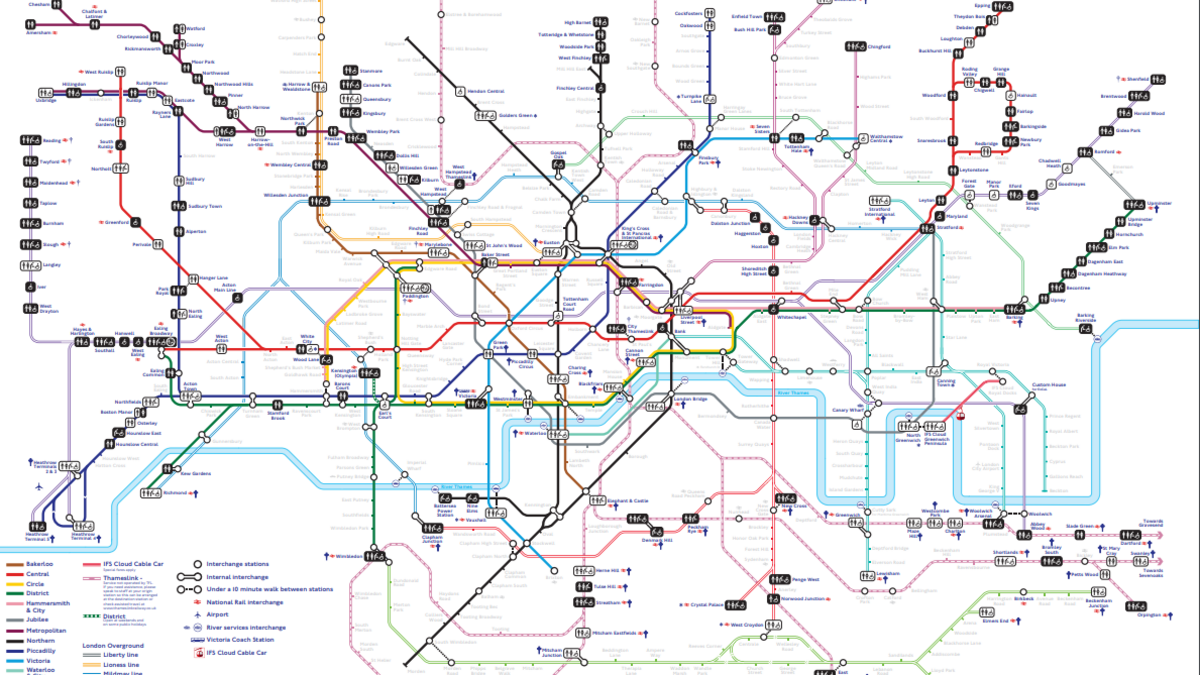
The Loo Map: There are currently 185 toilets available for TfL customers
TfL said stations were chosen for new toilets according to a number of factors, including whether the location is a terminus station, operates night services, has step-free access, high passenger footfall, proximity to other toilets on the network and onward connections.
It said it recognised that there was currently a "gap in provision" and said providing toilets was "critical to many customers".
It added that it was aware that the availability of toilets sometimes determined "whether a customer can travel by public transport at all".
Some toilets in the network have been closed or access limited due to vandalism, but TfL said it was looking to "improve availability" of those facilities and was working on new designs to ensure the toilets were "less prone to abuse".
The Mayor of London, Sadiq Khan, said the investment would help to create a "better, fairer London for everyone".
Listen to the best of BBC Radio London on Sounds and follow BBC London on Facebook, external, X, external and Instagram, external. Send your story ideas to hello.bbclondon@bbc.co.uk, external
More on TfL across the BBC
- Published23 October 2024
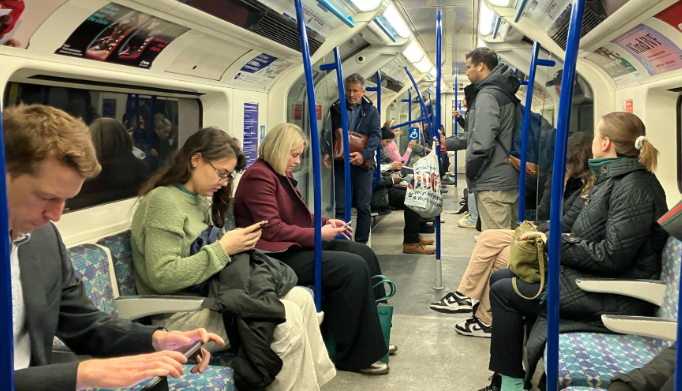
- Published17 October 2024
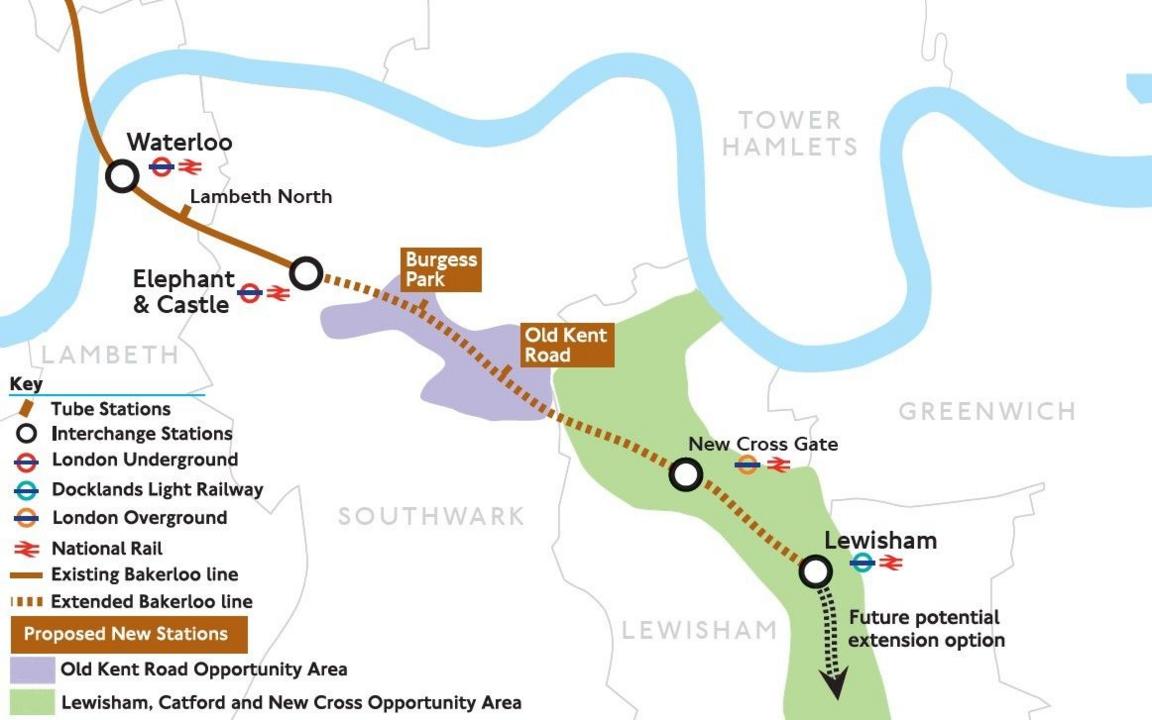
- Published4 October 2024
